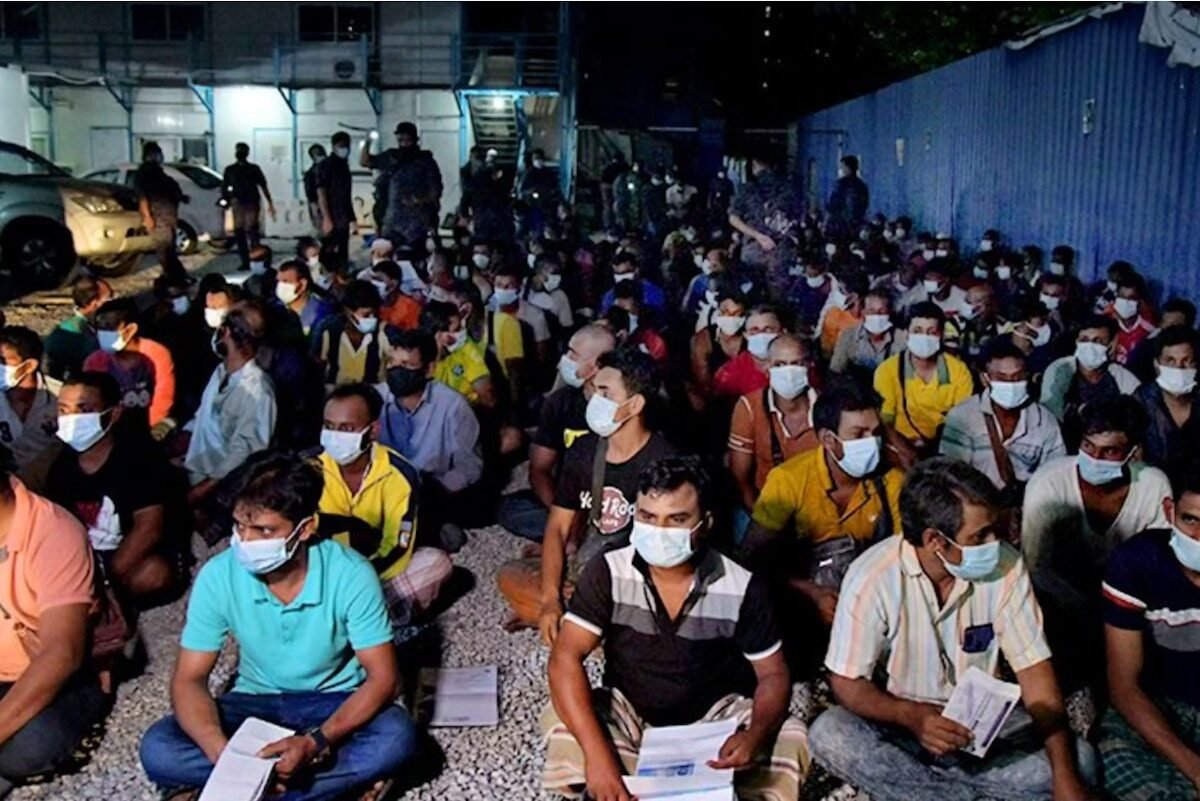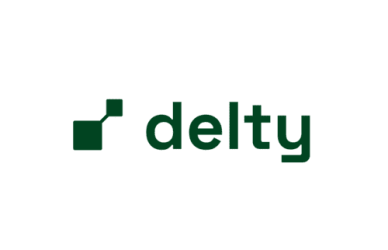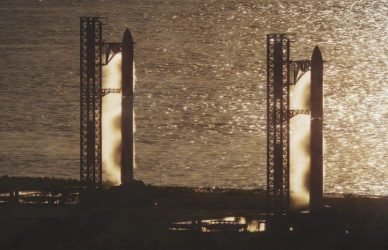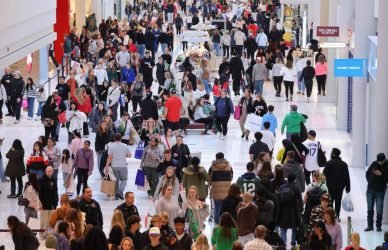Latest Job Opportunities in India
Discover top job listings and career opportunities across India. Stay updated with the latest openings in IT, government, and more.
Check Out Jobs!Read More
🚀 Explore Asian companies are a note: Trump still focuses on human rights violations in the supply chain in the United States | Opinion Environmental works
— the latest insights
In this post:
Climate change has been called a “trick.”
In his speech to a joint session of Congress in March, he announced: “Our country will be I woke up no longer “.
Its administration reduces the annual report of the United States government on global human rights violations.
Business and investors cleaned ESG policies from their web sites and spent diversity, stocks and integration (DEI) in response.
Throughout the Asia Pacific region, people focused on fighting ESG and combating-I woke up The speech believes that this means that violations of such laws will not be imposed on them from the United States.
They look at the suspension of the foreign corrupt practices law as one of the examples of this.
Many expand their analysis of the conclusion that it and its administration do not care about their work practices. As such, you do not have to worry about forced labor in their operations or supply chain that affect their access to the American market.
This is a flat error.
If companies and investors do not intensify their investigations, compliance and diligence, to ensure that there are no violations of human rights such as forced workers in their operations or the supply chain with Donald Trump at the White House, they may receive an expensive reality.
Trump 1.0 works to prohibit forced work
On forced work – one of the most important human rights issues – his first administration was amazingly aggressive.
The main measures taken under Trump included 1.0:
● Expanding the orders of blocking (WROS) via customs and American border protection to prevent imports related to forced work.
● A stronger enforcement of Article 307 of the tariff law, which prohibits the import of products that are extracted, produced or manufactured, completely or partially, through forced work, including forced or mobile children.
● Create pressure points on the supply chains associated with Chinjiang in China, including prohibiting cotton imports from a strong Chinese paramilitary organization that says the forced action of the detained Muslims.
In Malaysia during Trump 1.0, companies such as manufacturers of rubber products faced the best gloves and palm oil giant Sim Darbi banning import due to forced violations and the environment. Both companies WROS from customs and border protection in 2020 received and had to implement comprehensive reforms to restore value reaching the American market, including third -party audits, treatment programs and the increase of ESG reports.
Regardless of the direct compensation paid to forced workers, more than $ 20 million in some cases, companies have suffered from lost sales revenues, incurred large legal fees, a decrease in the efficiency of the workforce with the workforce directed towards crisis management, and increased compliance costs.
The companies that determined them found that themselves restructuring their supply chains to accommodate the ban while increasing due care measures in all suppliers.
Since then, Malaysian companies have taken steps to remove forced workers from their operations, especially if they are part of American supply chains, as a risk reduction measure.
In addition, in 2021, the Malaysian government developed the national action plan for forced labor, which was updated in June this year, in detailing a road map to eliminate forced labor by 2030.
Malaysia’s upgrade to the 2nd level in the US State Department trafficking report in the Persons’ Report, which includes forced labor, explains a general improvement in this matter.
The prohibition of forced action aims to achieve Trump’s goal in restoring balance
While the first policy agenda in America uses the customs tariff to re -manufacture to the United States and reduce the trade deficit, it is not the only tool that it uses to do so.
American commercial actor Jameson Jarir frequently discusses how the non -carrier barriers form a major concern under the first American agenda.
He also wrote in a recent editorial in New York Times“Why do we reformulate the world order“The commercial agenda in the United States includes more than just a tariff, foreign investment and the purchase of American goods.
Ambassador Jarir wrote: “The countries are also committed to upgrading and enforcing work standards, and dealing with the sects that have placed American workers and producers in an improper position. Many countries will join the United States (along with the European Union, Mexico and Canada) in banning the import of goods that were made with forced work.”
John Leonard, the former Deputy Assistant Commissioner of the CEO of the Customs and Border Protection Office (CBP) said the Trump administration expanded its enforcement procedures.
“CBP is still implemented by Article 307, which is the basic work law to combat work, as well as the law to prevent forced labor in Ouigor. This does not disappear. Companies need to ensure that supply chains are free from forced labor and that they pay the correct customs tariff from the point of view of origin.”
Trump 1.0 enforcement measures are just the foundation line.
It seems that the country adjacent to the Trump administration is Indonesia is Indonesia, as it requires the country to address forced labor practices if it wants to obtain a less tariff rate than the United States.
White House facts paper, The United States and Indonesia reach the historic commercial dealThis section contains human rights:
Improving work standards: Indonesia has committed to adoption and implementation of the ban on the import of forced labor and the removal of rulings that restrict workers and unions to exercise freedom of associations and collective negotiation rights.
The Indonesian exporters – and the companies in their supply chain, were either in the direction of the source or the estuary – they learned better than the experiences of their Malaysian counterparts.
If the same standards of TROMP 1.0 are implemented in Malaysia, Indonesian exporters who want to maintain market arrival must make practical efforts to acquire the full supply chain transparency, including the appointment of supply chains to the Earth level, and preparing strong due care systems enough to capture unsuccessful practices and investing in preventive programs and/or seating systems.
This will be particularly difficult in the sectors at risk such as agriculture, fisheries, mining and manufacturing, as there was historically either a punitive measure or incentives about work practices in Indonesia.
The failure of the Indonesian companies to meet the work standards imposed by the United States on financial losses, reputation and commercial restrictions. Contracting compliance with the organizational and practical perspective becomes a strategic necessity.
To push American economic interests, Trump provides the rights of immigrant workers
Donald Trump will not be mistaken as a human rights hero.
However, when it comes to migrant workers and Southeast Asia, it may end up improving their lives.
Trump 1.0 Human rights enforcement in supply chains. This term can do it at a faster rate.
“Regardless of the reason, whether Trump 2.0 is in the treatment of human rights, companies have their own reasons for staying with attention focusing on supply chains free from forced and child workers, as well as other basic human rights principles.”
He added: “Regardless of the shelf life of the current American administration’s approach, it cannot be denied that the supply chain partners who respect human rights are more reliable, and their working rules are more stable, in addition to the reasons based on principles that make this matter important.”
Companies, investors and southeastern governments of Asia, which do not guarantee the accountability of immigrant workers with Trump at home, is dangerous.
APAC Advisors, a consultant based in Singapore, which focuses on political and responsible investment, CEO Stephen Okon, chief adviser Megan Willis, and Noemie Vitaree.
Get the complete details at: https://www.eco-business.com/opinion/asian-companies-take-note-trump-is-still-focused-on-human-rights-abuses-in-your-us-supply-chain/
Don’t miss out with Eco-Business: News, Opinion, Jobs, Events, Press Releases and Research for topic Corporate Responsibility
—
**Additional Resources & Tags:**
– Author:
– Published on: 2025-08-19 14:47:00
– Tags: ,
– Related Rules: [rule_{ruleNumber}], [rule_{ruleNumber}_plain]
**Visuals & Media:**
– Featured Image: https://eco-business.imgix.net/ebmedia/fileuploads/Screenshot_2025-08-19_at_4.06.53PM.png?fit=crop&h=801&ixlib=django-1.2.0&q=85&w=1200
– Enclosure Link:
**URL & Links:**
– Post URL (slug): asian-companies-are-a-note-trump-still-focuses-on-human-rights-violations-in-the-supply-chain-in-the-united-states-opinion-environmental-works
– Encoded URL: https%3A%2F%2Fwww.eco-business.com%2Fopinion%2Fasian-companies-take-note-trump-is-still-focused-on-human-rights-abuses-in-your-us-supply-chain%2F
– Decoded URL: https://www.eco-business.com/opinion/asian-companies-take-note-trump-is-still-focused-on-human-rights-abuses-in-your-us-supply-chain/
– Redirect URL: https://www.eco-business.com/opinion/asian-companies-take-note-trump-is-still-focused-on-human-rights-abuses-in-your-us-supply-chain/
– Source Domain: www.eco-business.com
**Meta & Miscellaneous:**
– Publication Time: 1758582575
– Hashtags: #Asian #companies #note #Trump #focuses #human #rights #violations #supply #chain #United #States #Opinion #Environmental #works
– Custom Prompt/Note: Prompt
—
**Sample Post Title:** Asian companies are a note: Trump still focuses on human rights violations in the supply chain in the United States | Opinion Environmental works





